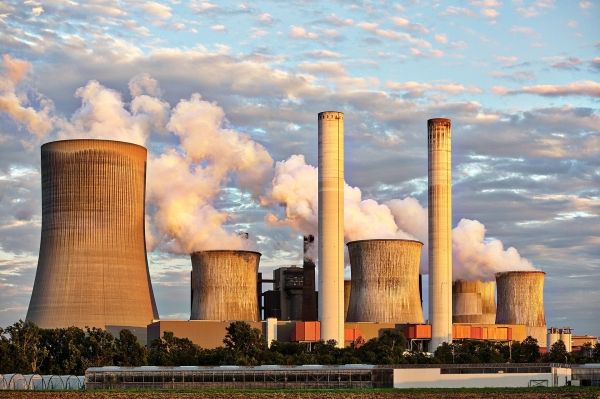Humans must reduce carbon dioxide and aerosol pollution simultaneously to avoid weakening the ocean’s ability to keep the planet cool, new research shows.
Aerosol pollution refers to particles in the air emitted by vehicles and factories that burn fossil fuels. This pollution contributes to asthma, bronchitis, and long-term irritation of the respiratory tract, which can lead to cancer.
“The conundrum,” explained UC Riverside climate scientist and study co-author Robert Allen, “is that aerosols cause poor air quality and lead to premature deaths. However, these particles have a net cooling impact on the climate, so when you cut them that leads to a net warming effect.”
Much research has examined aerosol impacts on air quality and land surface temperatures. Less explored is the way aerosols might impact the oceans, which is the focus of a UC Riverside study now published in the journal Science Advances.
Read more at: University of California Riverside
Photo Credit: Benita5 via Pixabay


